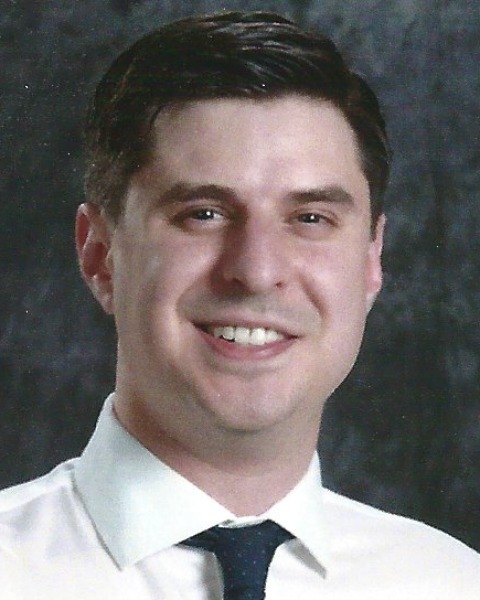Back
Poster Session C - Monday Afternoon
C0035 - A Rare Case of Spindle Cell Carcinoma of the Hepatobiliary System
Monday, October 24, 2022
3:00 PM – 5:00 PM ET
Location: Crown Ballroom

Sam Abdehou, MD
Louisiana State University Health Sciences Center
Shreveport, Louisiana
Presenting Author(s)
Introduction: Spindle cell also known as undifferentiated carcinomas of the pancreas (UCP) are rare anaplastic deviations of ductal adenocarcinomas of the pancreas. The general nature of these tumors is associated with destructive biological behavior and usually have a poor prognosis compared to most common variants of ductal adenocarcinoma. UCP include spindle cell carcinoma, sarcomatoid carcinoma and carcinosarcoma. In practice, it is hard to differentiate these subtypes since most of them possess a spindle element. UCPs are extremely rare tumors with a frequency of less than 2% of pancreatic exocrine tumors. Furthermore, UCP with focal osteochondroid differentiation are even rarer.
Case Description/Methods: A 50 y/o male with Past medical history of Cardiovascular disease, hypertension, hepatitis C & external hemorrhoids presented with worsening abdominal pain, nausea, vomiting. CT was notable for evidence of a hepatobiliary mass. Gastroenterology was consulted and performed an EGD. Upon initial evaluation of the stomach into the antrum, a large perforated ulcer was identified with omental tissue. Additionally, liver parenchyma was visualized along with severe LA Grade D Esophagitis throughout the entire esophagus. Interventional radiology was consulted and subsequently performed a biopsy of the mass in which the pathological findings were suggestive of Spindle cell carcinoma/carcinosarcoma. CT chest was ordered for staging and showed several nodules of unclear origin. Oncology was consulted and patient was initiated on chemotherapy (Carboplatin/Gemcitabine). Once on chemotherapy, the patient grew reluctant about receiving medical management. Palliative care was consulted. Considering advanced stage spindle cell hepatopancreatic biliary carcinoma leading to multiple complications including duodenal perforation, peritonitis, sepsis, encephalopathy leading to terminal delirium, patient's prognosis was deemed very poor with less than 6 months requiring hospice care. Patient was then transferred to inpatient hospice service.
Discussion: The reported prognosis of each of the histologic subtypes of UCP have overall poor prognosis. Surgery is the first choice for a resectable undifferentiated carcinoma. In a previous study it was identified that average post-operative survival interval was 6 months and the longest living patient survived for 15 months.
Case Description/Methods: A 50 y/o male with Past medical history of Cardiovascular disease, hypertension, hepatitis C & external hemorrhoids presented with worsening abdominal pain, nausea, vomiting. CT was notable for evidence of a hepatobiliary mass. Gastroenterology was consulted and performed an EGD. Upon initial evaluation of the stomach into the antrum, a large perforated ulcer was identified with omental tissue. Additionally, liver parenchyma was visualized along with severe LA Grade D Esophagitis throughout the entire esophagus. Interventional radiology was consulted and subsequently performed a biopsy of the mass in which the pathological findings were suggestive of Spindle cell carcinoma/carcinosarcoma. CT chest was ordered for staging and showed several nodules of unclear origin. Oncology was consulted and patient was initiated on chemotherapy (Carboplatin/Gemcitabine). Once on chemotherapy, the patient grew reluctant about receiving medical management. Palliative care was consulted. Considering advanced stage spindle cell hepatopancreatic biliary carcinoma leading to multiple complications including duodenal perforation, peritonitis, sepsis, encephalopathy leading to terminal delirium, patient's prognosis was deemed very poor with less than 6 months requiring hospice care. Patient was then transferred to inpatient hospice service.
Discussion: The reported prognosis of each of the histologic subtypes of UCP have overall poor prognosis. Surgery is the first choice for a resectable undifferentiated carcinoma. In a previous study it was identified that average post-operative survival interval was 6 months and the longest living patient survived for 15 months.
